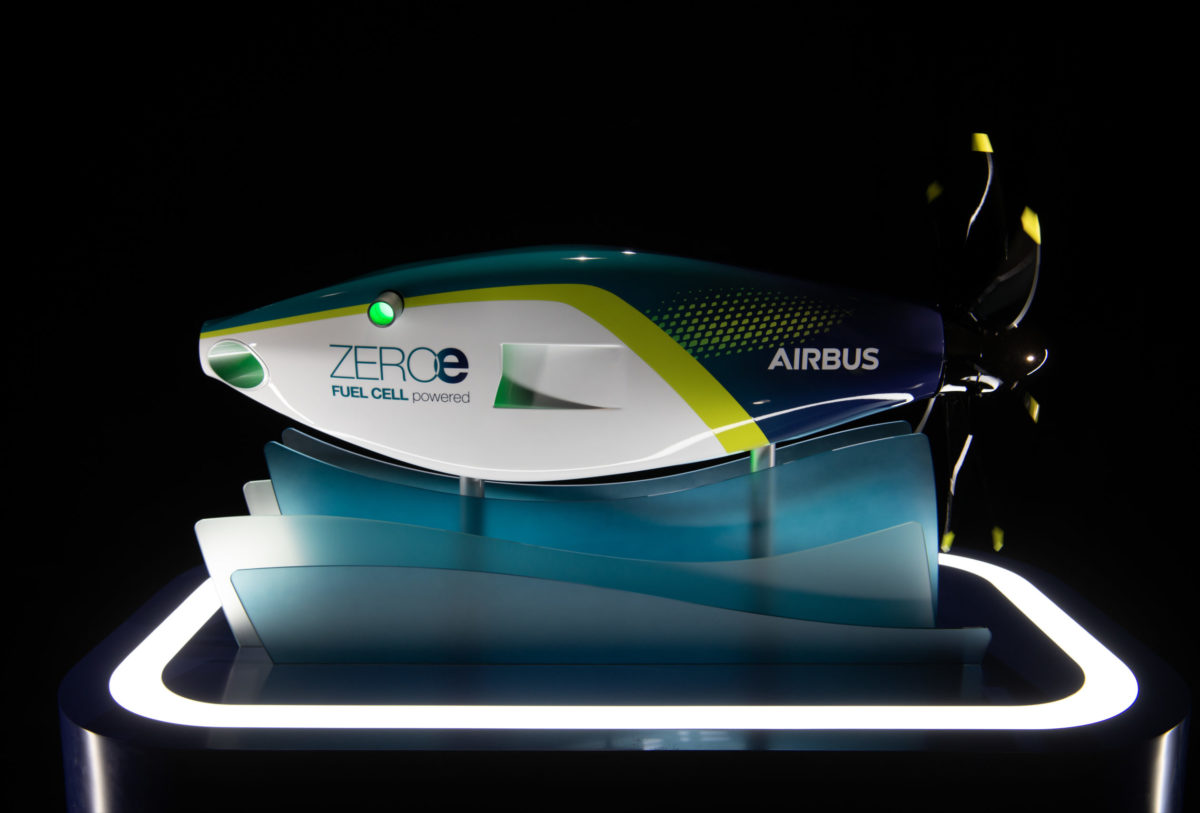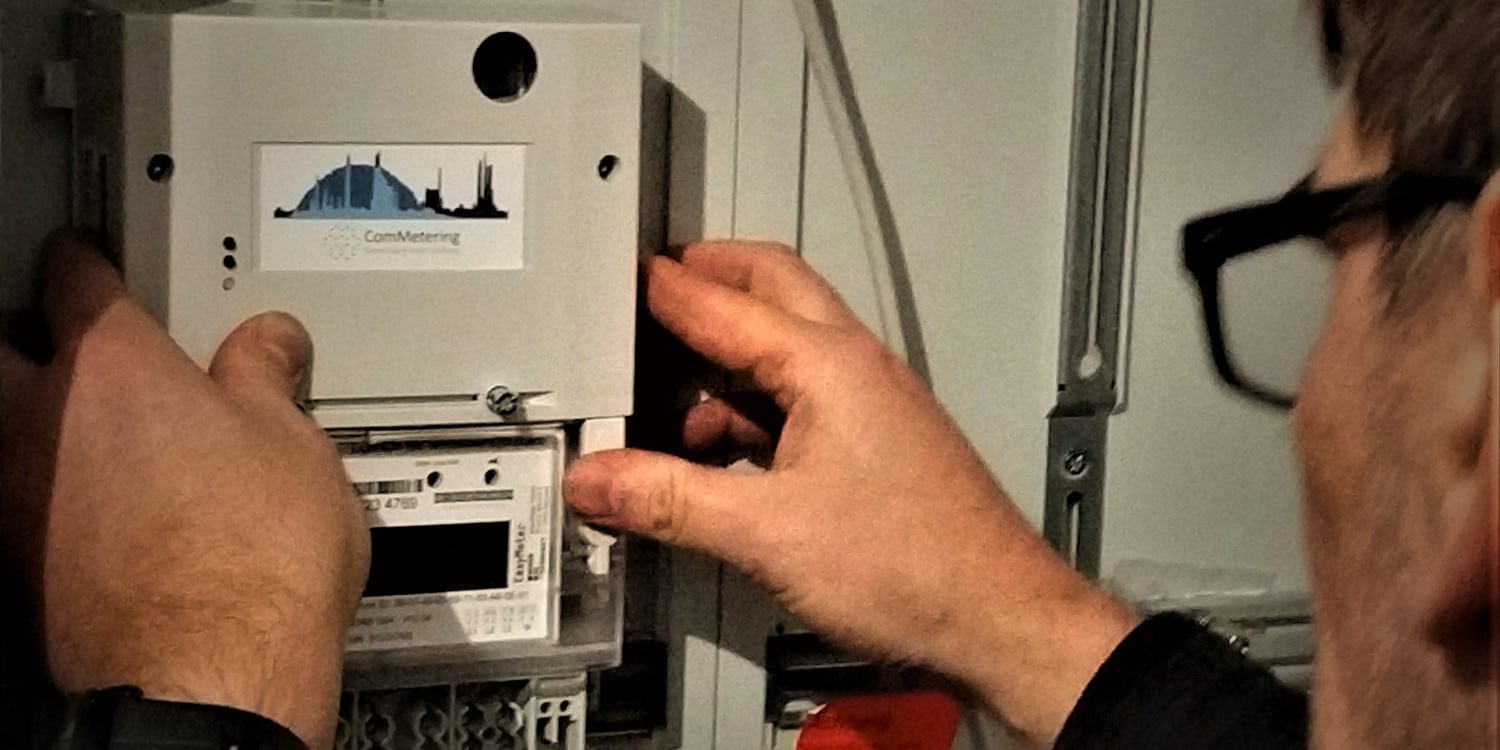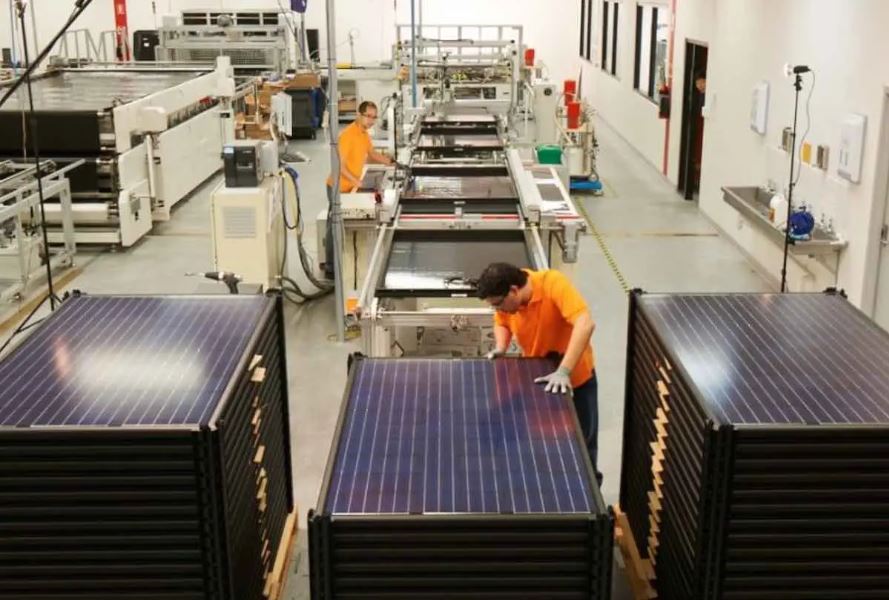https://www.pv-magazine.com/2022/12/02/the-hydrogen-stream-airbus-honda-bet-on-hydrogen-powered-fuel-cells/
The Hydrogen Stream: Airbus, Honda bet on hydrogen-powered fuel cells

ZEROe Fuel Cell Engine
Image: Airbus, Hervé Gousse - Master Films
Airbus is developing a hydrogen-powered fuel cell engine for its zero-emission airplanes, which are expected to go into service by 2035. It is also considering hydrogen combustion in a gas turbine and a hybrid-electric architecture, with a hydrogen gas turbine coupled with fuel cells. It said it will decide on which technologies it favors by 2027 or 2028, when it plans to start developing the architecture of its zero-emission aircraft. “The A380 MSN1 flight test aircraft for new hydrogen technologies is currently being modified to carry liquid hydrogen tanks and their associated distribution systems,” said Airbus, noting that it is focusing on proton exchange membrane (PEM) tech.
Honda has announced plans to produce an all-new hydrogen fuel cell electric vehicle (FCEV) based on the recently launched Honda CR-V, starting in 2024. The Japanese manufacturer will make the cars in Marysville, Ohio. “The new CR-V-based FCEV also will mark North America's first production vehicle to combine a plug-in feature with FCEV technology in one model, which enables the driver to charge the onboard battery to deliver EV driving around town with the flexibility of fast hydrogen refueling for longer trips,” it said, noting that it will provide more details about the FCEV version of the CR-V closer to its introduction in 2024.
Hydrogen Vehicle Systems (HVS) has announced a GBP 15 million ($17.8 million) grant from the UK government's Advanced Propulsion Centre (APC), as part of a broader funding package to support hydrogen fuel-cell heavy goods vehicles (HGV). “The project, which will run between 1st September 2022, and 30th June 2025, comprises a consortium led by HVS and includes Grayson (Thermal Systems), Fusion Processing (vehicle vision systems), and PNDC (a commercial arm of Strathclyde University specialising in power electronics),” said Glasgow-based HVS.
Cepsa has revealed that it will invest in the construction of two green hydrogen production plants at its energy parks in Campo de Gibraltar (Cádiz) and Palos de la Frontera (Huelva), Spain. It said it will also invest in solar and wind projects to power the industrial complexes. “The Andalusian Green Hydrogen Valley is a groundbreaking project whose 2 GW capacity is 10 times bigger than the largest under construction in Europe today,” said Cepsa CEO Maarten Wetselaar.
Popular content
Renewable and low-emission hydrogen development in Northwest Europe should “gradually scale up in the short- to medium-term” to reach a production capacity target of over 30 GW by 2030
The International Energy Agency said in a new report that renewable and low-emission hydrogen development in northwestern Europe will “gradually scale up in the short- to medium-term.” It said it expects production capacity to surpass 30 GW by 2030.
This content is protected by copyright and may not be reused. If you want to cooperate with us and would like to reuse some of our content, please contact: editors@pv-magazine.com.



